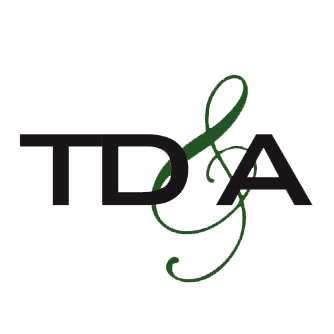Protecting Generational Wealth with a Dynasty Trust
A dynasty trust also called a perpetual trust, allows wealth to be transferred throughout generations free of estate, gift taxes, or generation-skipping transfer taxes. Because of this, they are one of the most successful tools for safeguarding family wealth. The transfer-tax benefits last as long as the trust continues to exist and hold the assets. Depending on the state law governing the trust, the trust can last for many generations, hence the common moniker “generation-skipping trust.” For example, in California, dynasty trusts can last for around 90 years.
A dynasty trust would benefit family business owners, as well as those with taxable estates. This form of trust also provides trust beneficiaries asset protection against division upon divorce and creditors. Any type of asset can be included in a dynasty trust whether it be life insurance, limited partnership interests, or any form of securities gifted.
Because the dynasty trust is a type of irrevocable trust, neither your beneficiaries nor you can change the trust’s terms. This is true even when there are changes in financial circumstances or the family. However, when the trust is created, the grantor decides many aspects including the control of the trustee, the distributions to beneficiaries, and how the trust will be managed. This is different from a basic revocable living trust, where the grantor is allowed to make changes to certain aspects of the trust or withdraw assets.
In summary, a dynasty trust is beneficial to those wishing to pass assets and wealth to future generations without the depletion of the assets by estate, gift, and generation-skipping transfer taxes more than when the transfer occurs (or if the assets surpass federal tax exemption).
Call Tresp, Day & Associates today to schedule your consultation and begin planning for your future. We will continue to offer face-to-face consultations utilizing video conferencing technologies such as FaceTime, Duo, and Zoom.

